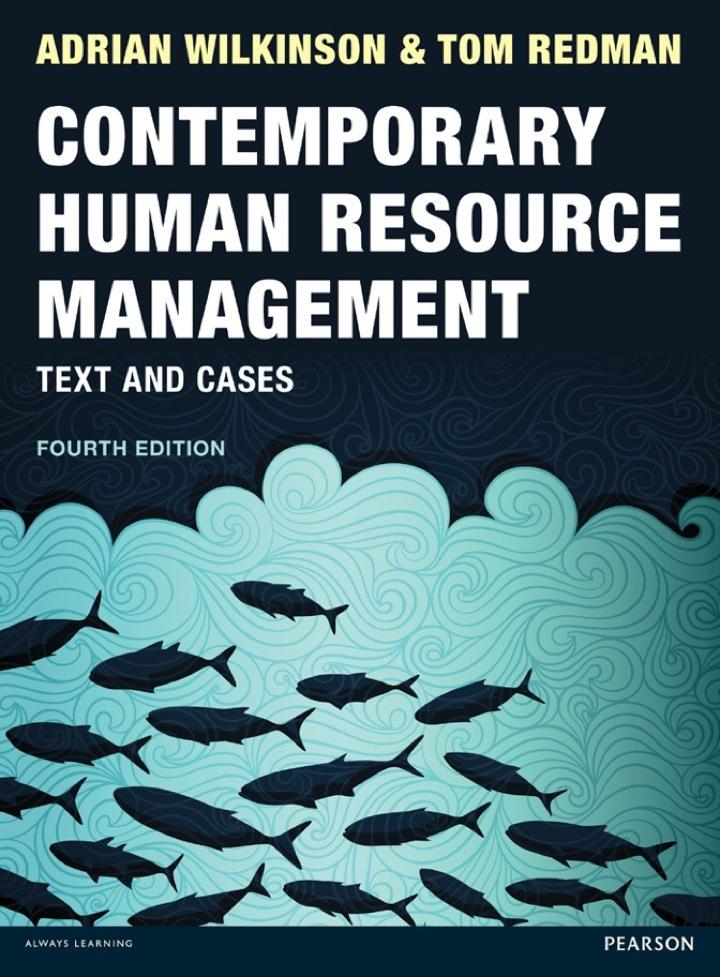Question
The engineers estimated that on average, fuel costs, assuming existing routes and number of flights stay the same, would decrease by almost 18% from an
The engineers estimated that on average, fuel costs, assuming existing routes and number of flights stay the same, would decrease by almost 18% from an average of 42,000 gallons of jet fuel per flight at $2.69 per gallon to 34,440 gallons consumed. Each 747 would normally fly an average of 16 flights per month.
Conservative estimates indicated that each flight could carry an incremental payload of cargo equal to some 120,000 pounds per month without adversely impacting fuel, altitude or speed. At the time, freight charges cost roughly $11 per pound so each aircraft could produce incremental cargo revenues per month of $1,320,000.
It was immediately recognized that to carry such additional payloads, additional labor would be required along with the use of On Board Igloos, large metal containers into which cargo of all kind is to be stored and tightly secured. It was estimated that each hub site would need to contain a minimum of twelve(12) such On Board Igloos at a capital cost of $10,000 each along with trucks and forklifts necessary to accommodate cargo, Two trucks should be devoted to cargo at each hub site at a cost of $38,000 per truck plus $50,000 in specialized forklift equipment. Operational costs of the trucks were estimated to be $1,000 per month each.
Additional personnel necessary at each site to handle cargo was budgeted at 14 people at a cost of $35,000 in salary each per year plus 17% in payroll and health care related overhead.
Each modification for each Boeing 747 aircraft, including its four main engines and two spare parts could be accomplished over a period of two weeks time at a cost of $10.4 million including all materials and labor as well as testing. An additional $100,000 per site would be necessary to train existing maintenance personnel on necessary maintenance and repair of the newly modified engines. Outside independent consultants cost TWA $2.5 million over nine months.
Royce Engines in a state of full readiness in a period of 32 weeks with a contingency period for possible delays due to weather or other unanticipated delays to 36 weeks or nine months.
TWA has a weighted average cost of capital of 15%. It's effective tax rate is 30% Normal capital costs such as trucks, forklifts and other ground support equipment are depreciated over a ten year period using the straight line basis to zero salvage value. The effective useful production life of the newly modified JT9D7 Rolls Royce engines are expected to be 20 years.
One more unanticipated benefit to TWA not contemplated by the airline or its consultants that surfaced was the sudden ability of the airline to profitably lease three or four of its 747 aircraft to other international carriers in off peak times, generating incremental revenues of $3.0 to $4.0 million each for about three months time.
Problem: Focus on the upgrade for one 747 aircraft only. Segregate and identify the capital costs and the relevant operational costs, calculate the annual depreciation, calculate the incremental operating costs and incremental operating savings and the relevant incremental revenues and structure the analysis.
Step by Step Solution
There are 3 Steps involved in it
Step: 1
Capital Costs 1 Modification of one Boeing 747 aircraft 104 million 2 Training of maintenance person...
Get Instant Access to Expert-Tailored Solutions
See step-by-step solutions with expert insights and AI powered tools for academic success
Step: 2

Step: 3

Ace Your Homework with AI
Get the answers you need in no time with our AI-driven, step-by-step assistance
Get Started


